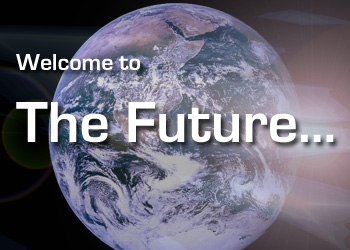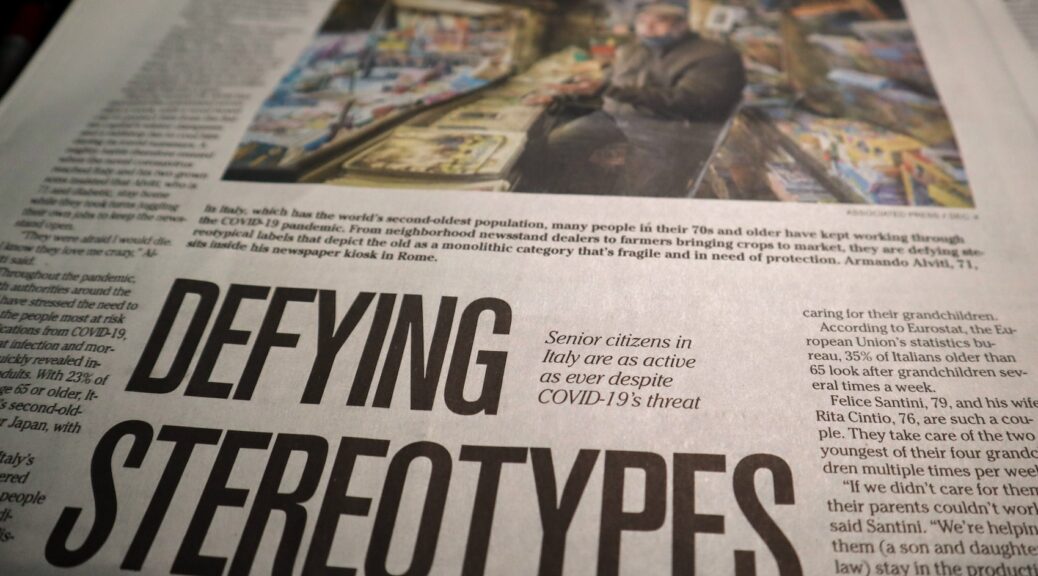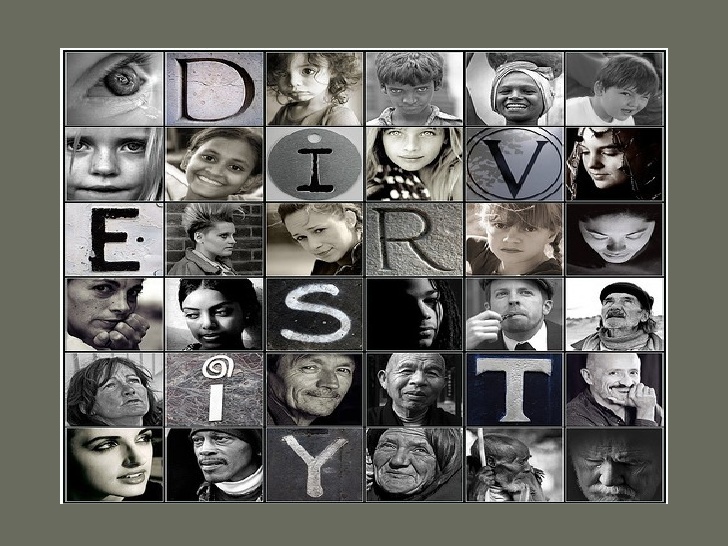There’s something special and perhaps a little magical about the Holiday Season. As the weather starts to cool and the leaves start to change, there seems to be excitement in the air in anticipation of the holidays. We tend to look for greater human connection as we plan gatherings from Thanksgiving feasts to New Year’s celebrations. While some see the holidays as the opportunity to connect with family and friends through festive celebrations of their faith, others may enjoy the more commercialized aspects of the season.
Category Archives: Social Issues
Social causes, activism, and projects
Economic and Social Justice Implications of Substance Abuse – by Lee Webster
The Power of Employment
The pervasive use and abuse of both prescription and illicit drugs are becoming increasingly concerning, and when coupled with the burden of societal trauma and untreated mental illness, the nation’s economy bears a significant negative impact. Addressing these complex issues demands a multifaceted approach, yet one approach that has proven notably effective but has faded from the forefront in recent years is the connection between successful treatment and the restoration of self-worth through meaningful employment.
Continue reading Economic and Social Justice Implications of Substance Abuse – by Lee Webster
Guns and more Guns, Again – by Deborah Levine
The recent mass killing in Maine will no doubt lead to a loud discussion about gun control. But guns led to more than 200 mass shootings in 2022 — about ten per week — more than one per day. Yet, despite gun violence researchers saying that there’s a contagion effect with every incident encouraging copy cats, little progress has been made.
Continue reading Guns and more Guns, Again – by Deborah Levine
Multicultural Healthcare and Disparities – by Deborah Levine
When Dr. Joseph Betancourt spoke on “Solutions for Disparities: Delivering Quality Care to Diverse Populations” in Chattanooga several years ago, he delivered both unusual expertise and a personal model for future healthcare. Dr. Betancourt’s family came from Puerto Rico to NYC and he talked about his childhood as interpreter for his grandparents to their doctors. Today, Joseph Betancourt, MD, MPH, is the Senior Vice President of Equity and Community Health at Massachusetts General Hospital, the founder, senior advisor and faculty of the Disparities Solutions Center (DSC) at Mass General, Faculty at the Mongan Institute, an Associate Professor of Medicine at Harvard Medical School and a practicing Internal Medicine physician.
Continue reading Multicultural Healthcare and Disparities – by Deborah Levine
Israel Dialogue with Christians & Jews
The goal of this manual is to design new ways to discuss Israel, focusing on basic religious themes. The Middle East is often seen as a confusing array of political, economic, military strategy, and religion. Amidst this confusion, religious themes are an important element in shaping American attitudes toward Israel, and this volume helps prepare leadership to engage in an interreligious dialogue about Israel and the Middle East.
This manual attempts to move the process along with an “on-the-job-training“ approach to aid leadership in developing a personal approach to Israel dialogue that emphasizes religious themes.
Change is Inevitable. So is the Future – by Deborah Levine
Working from home became the norm during the pandemic, but it isn’t a new concept. Computers have pointed us in that direction for almost 50 years. When my mother insisted that I take the first computer programming elective offered at my high school during the 1960s, I thought she was nuts. I was focused on learning Russian and preparing for a catastrophic moment in the Cold War. But Mom informed me in her soft sweet voice that computers were the change shaping the future and she was commanding, not suggesting. And if that weren’t weird enough, she insisted that I take a typing class to ramp up my keyboard speed.
Continue reading Change is Inevitable. So is the Future – by Deborah Levine
Three Ways Technology Can Drive Inclusive Communication – by Kenya McPheeters
The ability to communicate is essential to inclusion in professional, learning, or social settings. A Deaf employee, for example, can’t fully contribute to a business unless they can participate in impromptu meetings or hallway chats with colleagues. If English is a second language for a medical student, they need detailed and accurate notes to retain critical information. For a senior aging into hearing loss, losing the ability to connect with family members by phone can be devastatingly isolating. I know of this situation all too well – In my work as a sign language interpreter I’ve seen how connections can be lost when communication isn’t available or readily accessible
In all of these instances, inclusive communication enhances diversity by facilitating involvement, acceptance, and belonging. Today, innovative technology is creating new opportunities for people of different backgrounds, experiences, and linguistic modes to seamlessly share information, collaborate, and engage. Three examples are outlined below.
Continue reading Three Ways Technology Can Drive Inclusive Communication – by Kenya McPheeters
The Scared States of America – by Terry Howard
Rejection?……Death?…..Aging?…..
Being judged?…..Loneliness?
What’s your innermost fear readers? I posed that question (with the options above and others) to some folks whose views I value. Those are the fears that bubbled up. Their answers follow. But to make this personal, ponder your answer to that question.
Now before we get to the responses from those I “surveyed,” I’ll start with a conversation with an African American friend who, like me, is the father of sons. We were talking about the recent spate of gun deaths sweeping the nation and the disproportionate impact on African Americans. Here it is:
Continue reading The Scared States of America – by Terry Howard
Stereotype and Character Assassination – by Julia Wai-Yin So
Having worked in the US for the last 40 some years, I was once a target of character assassination (CA). That experience prompted me to write this article to raise awareness that being a member of a minoritized group can put us at an additional risk of being targeted. This article explores the association between stereotype and character assassination.
Gordon Allport’s The Nature of Prejudice defines stereotype as an exaggerated belief associated with a category (i.e. a social group). Whether positive or negative, it is when one applies the group characteristics to a member of the group while ignoring the uniqueness of the specific member. This article focuses on the use of negative stereotype of a social group to attack the character of a member of the same group. Many times, this baseless accusation can have serious negative consequences on the victim, especially when it is turned into an act of CA.
Continue reading Stereotype and Character Assassination – by Julia Wai-Yin So
Diversity and Speech No. 37: Building a More Inclusive Democracy – by Carlos E. Cortés, Joseph Kahne
Carlos: Joe, from the first time we had lunch together, I’ve been struck by one thing: like me, you really believe that you can make the world a better place. Am I right?
Joe: I plead guilty to that one.
Carlos: Maybe that’s one reason we hit it off so well from the beginning. But it’s one thing to believe we can make a difference and another thing to actually make a difference.
Joe: Agreed.







